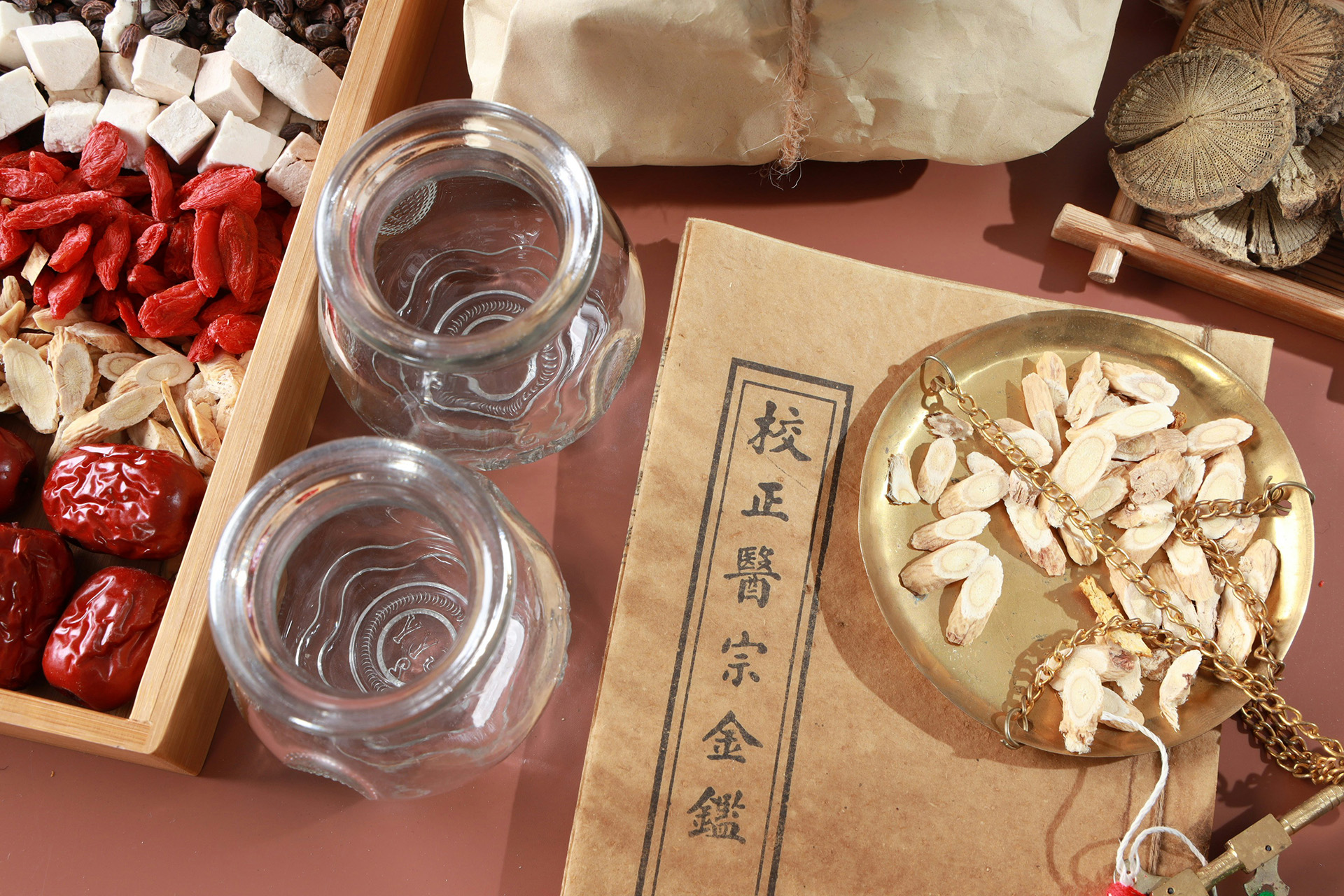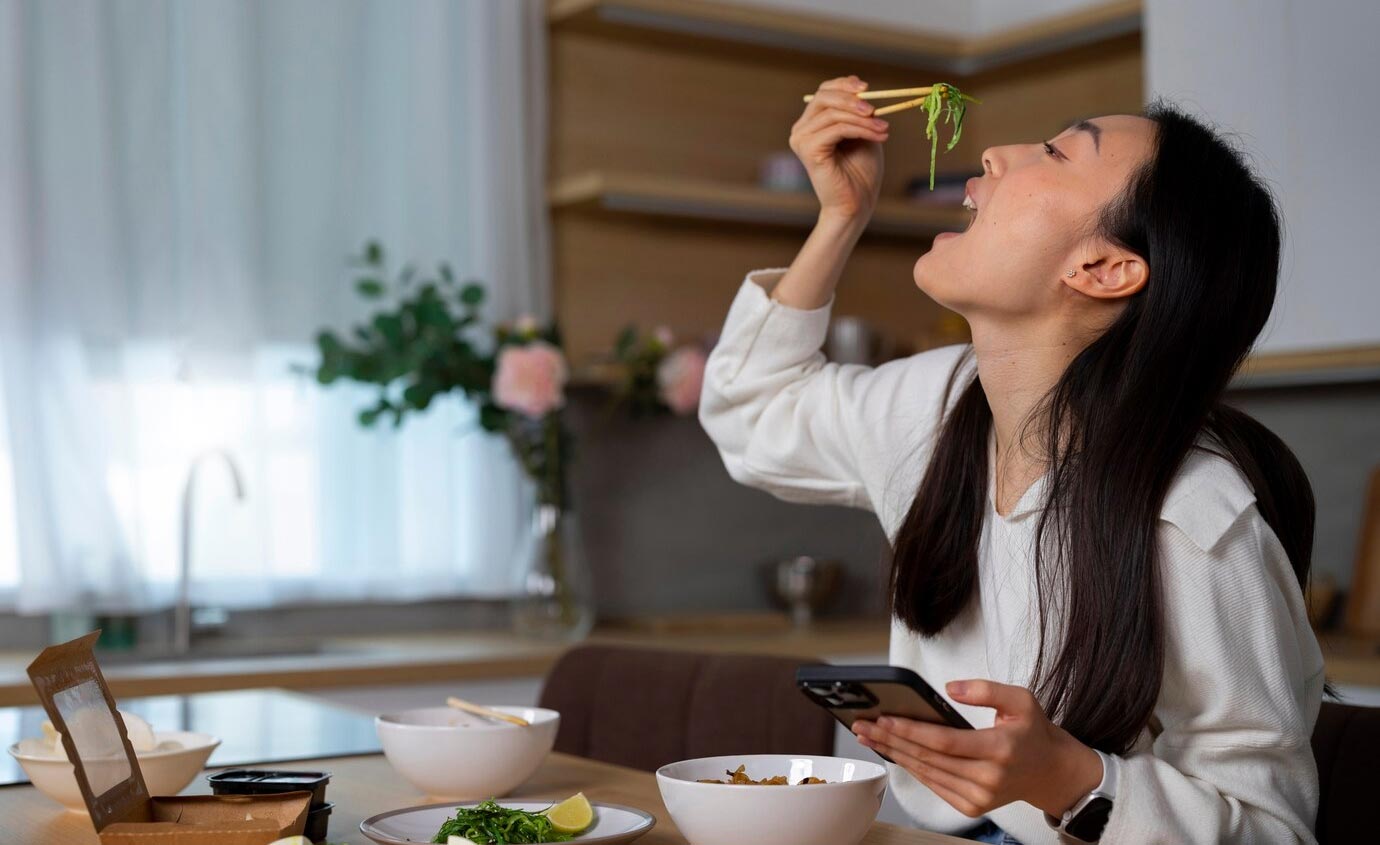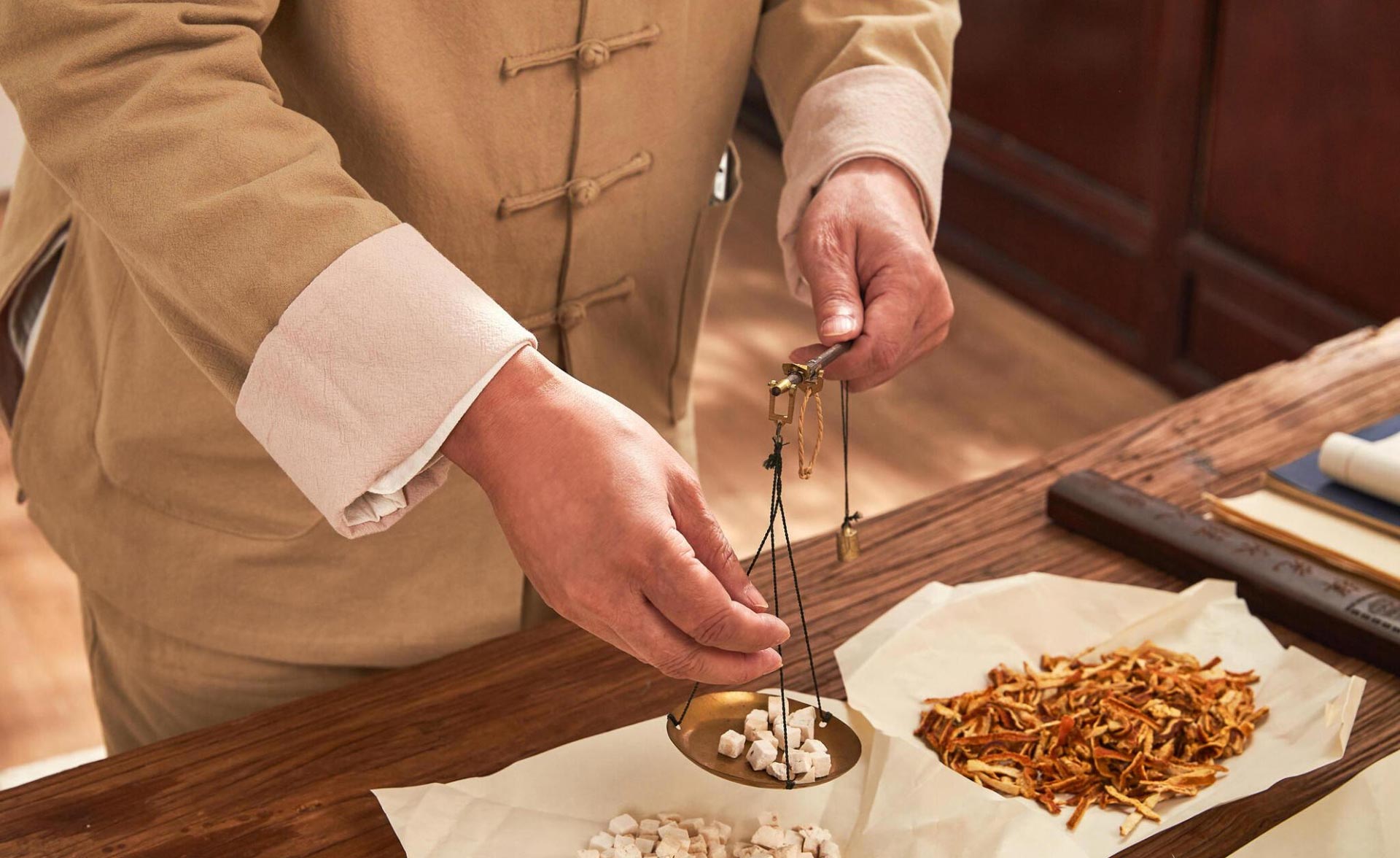Why Confinement Herbs? Explore the Top 10 Benefits for Postnatal Wellness CN
Welcoming a new life into the world is a beautiful experience, but it can also take a toll on your body. That’s where confinement herbs come in—natural, plant-based herbal remedies trusted for generations to help new mothers recover, boost energy, and support overall well-being. In this article, we’ll explore the top 10 benefits these traditional herbs offer for your postnatal recovery and overall maternal health.
Key Takeaways
- Promotes Uterine Recovery and Reduces Pain:
Dang Gui and Chuan Xiong aid in uterine healing and reduce swelling, while Mugwort (艾叶) herbal baths alleviate muscle and joint pain during postpartum care. - Restores Energy and Reduces Fatigue:
American Ginseng (西洋参) and Astragalus Root (黄芪) replenish qi, boost energy, and combat post-labour fatigue, promoting holistic healing. - Supports Lactation and Skin Health:
Vaccaria Seeds (王不留行) enhance milk production, while Polygonatum (玉竹) nourishes the skin, improving elasticity and hydration, complementing the confinement diet. - Strengthens Immunity and General Vitality:
Cordyceps (蛹虫草) and Reishi Mushroom (灵芝) enhance immune function, improve respiratory health, and promote overall vitality during post-delivery recovery. - Improves Cognitive and Emotional Balance:
Gastrodia (天麻) enhances memory and focus, while Gan Mai Da Zao Tang (甘麦大枣汤) helps calm the mind and balance emotions for better maternal health. - Seek a Personalised Herbal Plan from a TCM Physician:
Consult a Traditional Chinese Medicine (TCM) physician to receive tailored confinement herb solutions for your unique postnatal recovery needs.
The Benefits of Confinement Herbs
Benefit 1: Promotes Uterine Recovery
After childbirth, your body undergoes a significant maternal recovery process, and one of the most important areas requiring attention is your uterus. This is where confinement herbs play a crucial role.
Common herbs used during this stage include:
- Dang Gui (当归): Renowned for its ability to restore blood lost during childbirth, Dang Gui has been a staple in Traditional Chinese Medicine for centuries. It nourishes and fortifies the body, aiding its natural healing capabilities. In line with TCM principles, which state that “Qi creates blood” (气能生血), we often complement Dang Gui with Huang Qi to strengthen qi, thereby enhancing its ability to replenish blood and promote overall recovery.
- Chuan Xiong (川芎): Another key Chinese herb, Chuan Xiong promotes better blood circulation and helps clear lochia, which is essential for aiding uterine contraction and helping it return to its original size.
These herbal remedies work harmoniously to reduce swelling and accelerate uterine recovery, ensuring that your body heals as efficiently and comfortably as possible.
Benefit 2: Reduces Muscle and Joint Pain
In Traditional Chinese Medicine (TCM), post-birth muscle and joint pain results from the depletion of qi and blood during childbirth, leaving the body undernourished. Singapore’s humid climate increases susceptibility to dampness, which, along with wind and cold, obstructs qi and blood flow, causing pain and swelling.
Mugwort (艾叶) is commonly used to expel cold, wind, and dampness and is often applied in herbal baths during postnatal recovery. By targeting these underlying causes, Mugwort effectively relieves muscle and joint discomfort, promoting faster recovery and enhancing overall physical comfort.
Benefit 3: Restoring Energy and Reducing Fatigue
After giving birth, it’s common to feel physically drained due to the loss of qi and blood. Additionally, the process of breastfeeding further depletes a mother’s energy reserves. Restoring energy is essential for a smooth and effective recovery, allowing new mothers to regain strength and vitality.
Herbs commonly used during this stage include:
- American Ginseng (西洋参): Replenishes qi, nourishes yin, and combats fatigue. It helps restore energy, supports the immune system, and promotes overall recovery, particularly for mothers experiencing post-delivery exhaustion.
- Astragalus Root (黄芪): A powerful qi tonic, Astragalus Root strengthens the body’s energy reserves and supports the immune system, helping to reduce fatigue and promote faster recovery.
By incorporating healing herbs that tonify qi and nourish yin in confinement soups, mothers can regain strength and experience a smoother recovery.
Benefit 4: Promotes Hair and Skin Health
After giving birth, it’s common for mums to notice changes in their hair and skin, like thinning hair, dryness, or a loss of skin elasticity. Supporting hair and skin health is an important part of postnatal recovery, helping new mums feel more refreshed and revitalised.
Herbs commonly used during this stage include:
- He Shou Wu (何首乌): Known for its ability to strengthen and darken hair, He Shou Wu promotes healthier, stronger hair growth and helps combat hair thinning.
- Polygonatum (玉竹): This herb supports yin energy, which is essential for maintaining the skin’s moisture and elasticity. Polygonatum helps prevent wrinkles and improves overall skin vitality.
By incorporating these nourishing herbs in confinement diet packages, mothers can support hair health and improve skin elasticity, promoting a healthier appearance and a smoother recovery.
Benefit 5: Enhancing Cognition and Memory
The post-birth period can be mentally challenging, with many new mothers experiencing forgetfulness or “baby brain.” Supporting cognition and memory during this time helps mothers stay sharp and feel more in control.
Herbs commonly used during this stage include:
- Gastrodia (天麻): Traditionally used to calm the nervous system, Gastrodia enhances cognitive functions such as memory and focus. It helps reduce mental fatigue, promoting clarity and better brain function.
By incorporating Gastrodia, mothers can boost their cognitive health, supporting memory and focus throughout the afterbirth period.
Benefit 6: Supporting Emotional Well-being
Post-childbirth can bring a mix of emotions, and maintaining emotional well-being is essential for new mothers as they navigate the changes during this period. Traditional Chinese Medicine offers natural remedies to help support emotional balance and calmness.
Herbs commonly used during this stage include:
- Decoction: Gan Mai Da Zao Tang (甘麦大枣汤): This classic herbal soup, composed of Gao Cao (甘草), Floating Wheat (浮小麦), and Jujube/Red Date (大枣), has been used for thousands of years to calm the mind and foster the spirit. It helps reduce anxiety, promote relaxation, and support emotional stability.
By incorporating this time-tested decoction in herbal tea, mothers can support their emotional well-being and feel more balanced during the maternal recovery period.
Benefit 7: Strengthening the Immune System
After childbirth, a mother’s immune system can be weakened, making her more susceptible to infections. Strengthening the immune system is vital during post-delivery recovery to ensure a smooth transition to full health and vitality.
Herbs commonly used during this stage include:
- Cordyceps militaris (蛹虫草): Well-known for its ability to boost immune function by enhancing the body’s natural defences. It helps improve energy levels, respiratory health, and overall vitality, making it a powerful herb for supporting post-labour recovery.
- Reishi Mushroom (灵芝): Also known as Reishi, Ling Zhi is a prized herb in TCM for its immune-boosting properties. It supports the immune system, helps combat fatigue, and promotes general well-being, making it ideal for strengthening the body after childbirth.
Incorporating these immune-boosting herbs in tonic soup can help new mothers recover faster and better protect their health during the postnatal period.
Benefit 8: Supports Bone and Muscle Health
Post-childbirth recovery involves not only restoring energy but also strengthening the bones and muscles, which can be weakened after childbirth. Supporting bone and muscle health is crucial for maintaining mobility and overall physical resilience during this period.
Herbs commonly used during this stage include:
- Eucommia Bark (杜仲): Known for its ability to strengthen bones and muscles, Du Zhong helps to support the back and joints, improving overall physical stability and resilience. It’s commonly used in TCM to promote bone health and flexibility.
- Achyranthes Root (怀牛膝): This herb enhances blood circulation and supports the muscles and bones. Hui Niu Xi is often used to support the recovery of joints, improve flexibility, and reduce discomfort in the lower back and legs.
Incorporating these bone and muscle-supporting herbs can help new mothers regain strength and maintain physical health during the postpartum care period.
Benefit 9: Boosting Lactation and Milk Supply
Breastfeeding can sometimes be challenging for new mothers, particularly when milk supply is low. Supporting lactation and ensuring a sufficient milk supply is crucial for both the mother and the baby’s well-being.
Herbs commonly used during this stage include:
- Vaccaria Seeds (王不留行): Known for promoting the flow of breast milk, Vaccaria Seeds stimulate lactation and help ensure a smoother breastfeeding experience.
- Rice Paper Plant Pith (通草): This herb clears heat and promotes the smooth flow of milk, making it an effective remedy for mothers experiencing low milk supply.
Incorporating these herbs can help new mothers boost milk production and ensure a successful breastfeeding journey.
Benefit 10: Supports Long-Term Health
Postpartum recovery is not only about immediate healing but also about supporting long-term health and vitality. Incorporating herbs that promote overall well-being helps mothers maintain their health in the years to come.
Herbs commonly used during this stage include:
- Ginseng (人参): Also known as Ren Shen, Ginseng is a powerful adaptogen that strengthens the body, boosts energy, and supports overall vitality. It helps improve resilience, reduce stress, and enhance long-term health.
- Reishi Mushroom (灵芝): Known as Reishi, Ling Zhi is highly valued for its immune-boosting and anti-ageing properties. It supports the immune system, reduces fatigue, and promotes longevity, making it an excellent herb for long-term wellness.
By incorporating these herbs into confinement soups, mothers can lay the foundation for better health and vitality in the future.
Confinement Herbs for Complete Wellness
Confinement herbs offer a wide range of benefits that are essential for postnatal recovery. From promoting uterine recovery and enhancing emotional well-being to supporting long-term health, these herbs help new mothers heal both physically and mentally. By incorporating these herbal remedies, mothers can ensure a smoother, more balanced recovery while also improving their overall health and vitality for the future.
At Lao Niang TCM, we are committed to delivering the best care through:
- Premium herbs imported from Taiwan:
We source high-quality authentic herbs directly from Taiwan to ensure maximum benefits. - Formulated by TCM Physicians specialised in women’s health:
Each herbal solution is formulated for the women in Singapore. For mothers with special needs, we also provide tailored solutions. - Carefully selected and rigorously tested herbs:
Our herbs undergo thorough heavy metal and pesticide testing for safety, as well as active ingredient tests for potency. - Toxin-free preservation:
Advanced techniques ensure that our herbs are preserved without harmful chemicals.
Sustainable sourcing:
We practise responsible harvesting, ensuring environmental sustainability.
With these principles, we ensure new mothers regain strength and vitality during this important confinement period.








